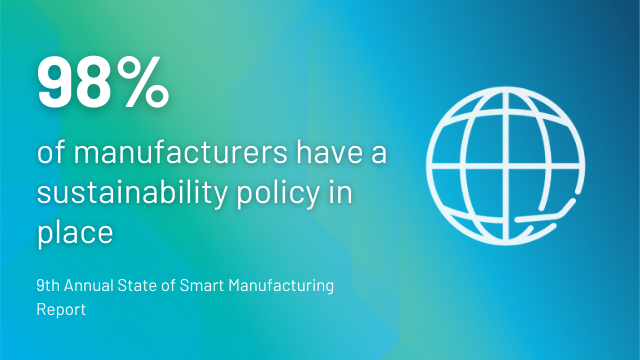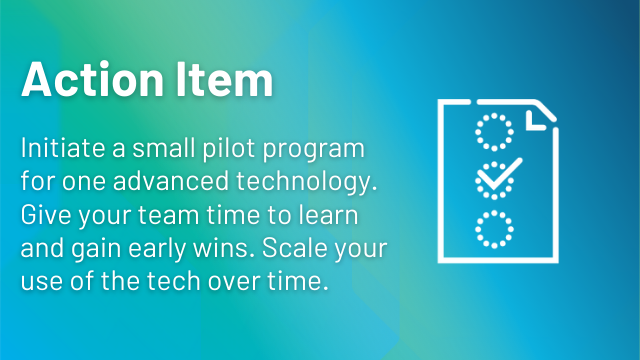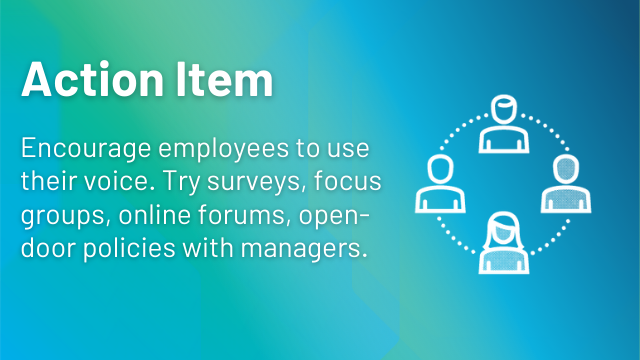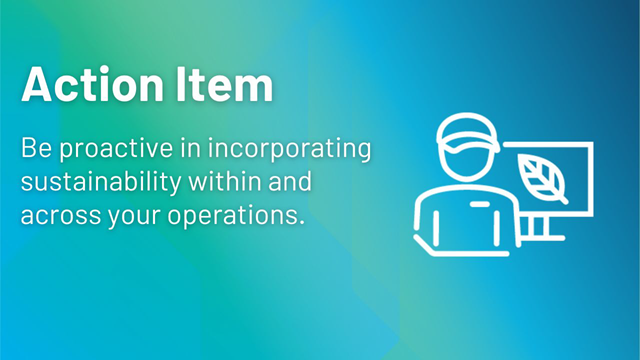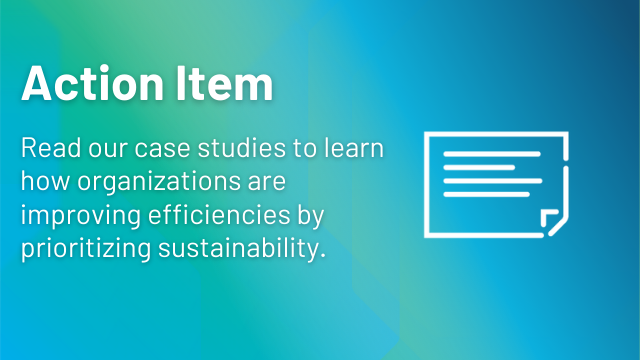Companies Are Facing Increasing Pressures From Stakeholders
Why is it critical for a sustainable industrial organization to take swift action? Because industrial sectors account for nearly 40% of global energy consumption and more than 30% of global greenhouse gas emissions.
Given their impact, industrial companies are facing ESG-related pressure from major stakeholders. Investors are pushing companies to take more aggressive action to meet net-zero goals, while regulatory bodies are mandating changes to ensure sustainability is prioritized.
U.S. public companies are facing significant changes in the ESG regulatory landscape following the recent SEC rule. The EU has long been the global leader in sustainability regulations and continues to set the standard for what businesses must achieve.
In Asia Pacific, countries are adopting rules and guidelines. And there’s been a surge in the recognition for more transparency in sustainability products, particularly in ESG fund requirements.
Geopolitical tensions are also changing the landscape. The ongoing energy crisis in Europe, for example, creates instability in energy supplies and pricing which impacts both businesses and consumers.
Finally, pressure from customers is growing. More choices are made with sustainability in mind. Consumers expect companies to operate in sustainable ways and to offer sustainably made products. In one study, 32% of consumers reported they paid significantly more for a sustainable product or service.
Key Sustainability Trends: Insights for Industrial Organizations
Trend #1 Emerging technology is indispensable
Emerging technology—AI, robotics, digital twins, IoT, and AR/VR to name a few—is a non-negotiable part of becoming a more sustainable industrial organization.
If you’re not already exploring or using this technology, you will not make meaningful progress on your sustainability goals. Why? Because emerging technology makes manual processes—plant operations, workforce training, and raw materials sourcing—more efficient and more effective in producing high quality output.
Sustainable industrial organizations agree that adopting smart manufacturing practices, which use emerging technology, is extremely or very important. In fact, 85% of them have currently invested or plan to invest in advanced technology such as AI and ML.
Action Item
Initiate a small pilot program around one advanced technology. For example, you could use a digital twin to identify how to optimize operations for a single assembly line. Or you could use an AI tool for one piece of equipment to help you determine opportunities for energy savings. Alternately, you could experiment with AR/VR glasses to train a group of remote workers.
In other words, start small. Applying emerging tech to a targeted initiative will give your team time to learn and gain early wins that can secure wider organizational buy-in. But be sure to increase your use of technology over time. Becoming a sustainable industrial organization requires scaling the automation and digitization of your processes, operations, and more.

